The crapness of Corbyn’s Labour is a phenomenon. It fascinates me. Frankly, it does my head in. For there is a theory, you see, that Corbyn’s Labour isn’t really crap at all. That it is all a conspiracy. That journalists such as me, who I suspect are ‘neoliberal’ or something, merely construct a narrative demonising it as such. Where politicians match our prejudices, this theory goes, we give them enormous leeway and spring to their defence. When they don’t, we supposedly deem them ‘mad’ or ‘radical’ or, yes, ‘crap’, in a spirit of sheer defensiveness.
It’s a neat theory, this, and very occasionally I even find myself wondering if it might be true. But then I hear something like Diane Abbott’s interview with Nick Ferrari on London’s LBC radio last Tuesday, and I realise it definitely isn’t.
What the hell was that? Did you hear it? A colleague of mine described it as ‘the worst political interview I’ve ever heard, including that one with Natalie Bennett’. Which, if you remember the then Green party leader’s interview before the 2015 election (also with Nick Ferrari, as it happens), and her vague promises to build half a billion houses for a few quid each, is truly saying something. Next to Abbott, though, it was a show of virtuoso competence. Ostensibly there to discuss Labour’s pretend plan to increase police numbers (all Labour plans are pretend; they might as well promise a moonshot), the shadow home secretary variously promised 10,000 new policemen, 100,000 new policemen and a million new policemen. The cost at which this was to be achieved travelled around a lot, but sometimes got as low as £30 per head. Which is, I suppose, just as well if there are going to be a million of them.
Everybody has brain-freeze sometimes, but this sounded like something else. To be specific, it sounded an awful lot like somebody who wasn’t involved in planning her own policy, and then hasn’t bothered to even read about her own policy, and has then gone on the radio and dropped the notes detailing that policy on the floor under her chair. The thing is, even this needn’t be the end of the world. Politicians can always waffle. I keep hearing Conservatives on the radio who have clearly forgotten what they came on for, and perhaps even their own names, so they just say the words ‘strong and stable’ over and over until the ordeal ends. Abbott, though, just couldn’t be bothered with even that very minimal form of effort. It was as though she knew, deep down, that it didn’t really matter. She could be godawful, or she could be merely poor, and either way her voters weren’t going to care.
None of it matters. John McDonnell was speaking at a rally in Trafalgar Square on Sunday, and behind him were the flags of both Syria and the former Soviet Union. By normal standards that would be a gaffe, but now? Meh. Corbyn himself is a bit more uptight, but don’t expect it to last. Within three weeks, he’ll probably be ambling door to door in that silver tracksuit of his, with the jam stains on the front. What harm can it do? The electorate can be put off no further by the current front bench. For those Labour voters who remain, their crapness has already been priced in.
This is the mindset that John Woodcock was tilting towards on television this week. At the time of writing, he is still Labour MP and candidate for Barrow and Furness. By the time you read this, he may only be the former. Asked whether he wanted Corbyn to be prime minister, he sighed and said that Labour wasn’t going to win anyway, so the question didn’t arise. Tom Watson, the deputy leader, was clearly thinking similar thoughts when he told the annual conference of Usdaw, the shopworkers’ union, ‘sometimes the most important question isn’t what makes the best PM. It’s who makes the best MP.’ Or to put that another way, you should vote for Labour to win, because they won’t. Or if we put that a third way, in an attempt to see if it sounds any better, you can safely vote for what you don’t want, comfortable in the knowledge you won’t get it.
Plenty will. More than you would believe, and particularly in my part of London. Endless are the formulations by which I have recently heard people who are genuinely about to vote for Jeremy Corbyn, of all people, to be prime minister, of all things, tell themselves that they actually aren’t. Good people, for the most part. People of whom I’m often very fond. ‘He doesn’t represent the party,’ they say, or ‘my MP is against him and against Brexit too, and actually really good’. Or they’ll say they want a strong Labour party so it can pull itself together later.
Or they’ll witter on, feigning agony but actually in obvious relief, about Tim Farron and gay sex. Is any of it true? I daresay it feels true, but I’m not sure it is. This is what political tribalism looks like. Dead in Scotland, dead in Wales, dead in the north, and dead even in the Tory shires, it lingers on somehow in Islington and Camden and Holloway and Hornsey and Finsbury Park. These are my people now, but this I don’t get at all. Probably some of them would even vote Labour if they thought Labour might win.
Got something to add? Join the discussion and comment below.
Get 10 issues for just $10
Subscribe to The Spectator Australia today for the next 10 magazine issues, plus full online access, for just $10.
You might disagree with half of it, but you’ll enjoy reading all of it. Try your first month for free, then just $2 a week for the remainder of your first year.


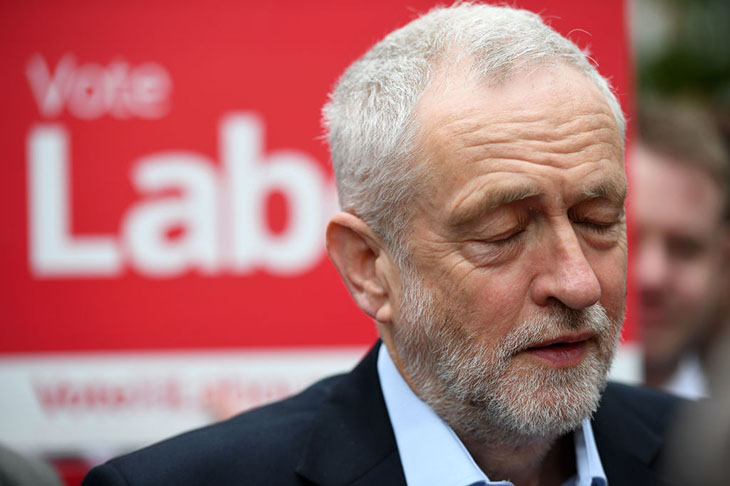
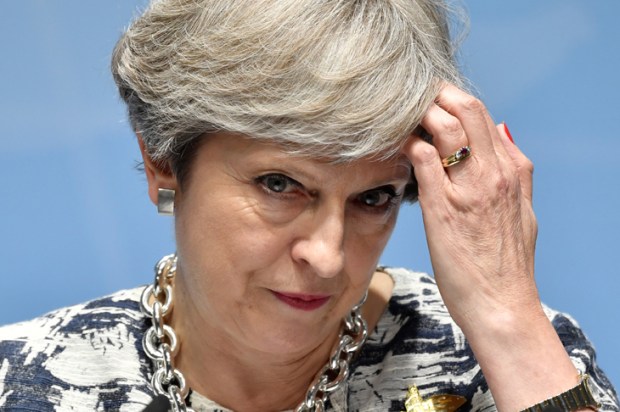
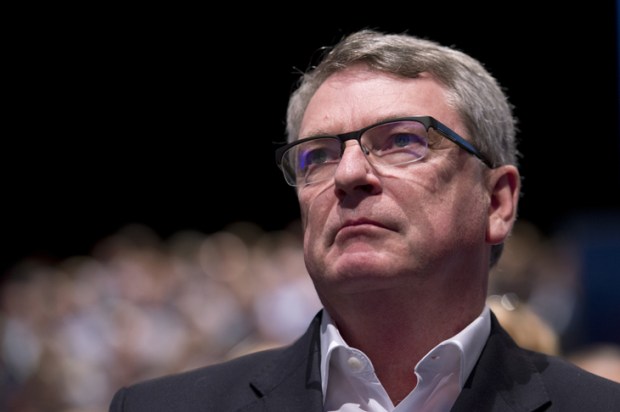
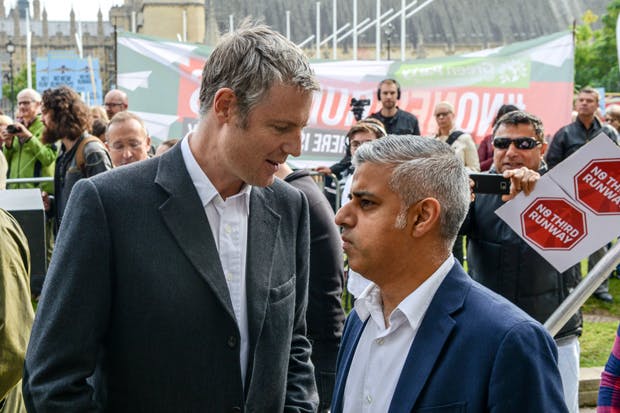
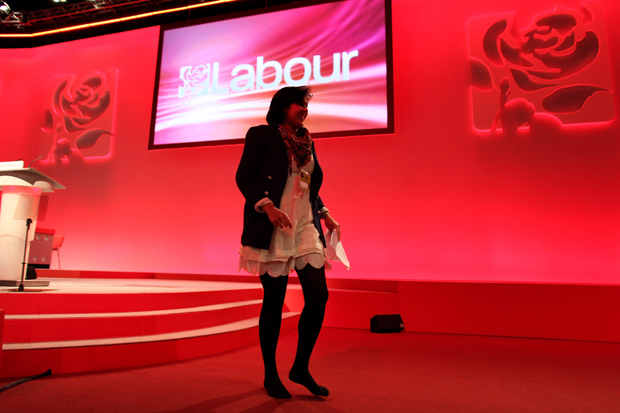
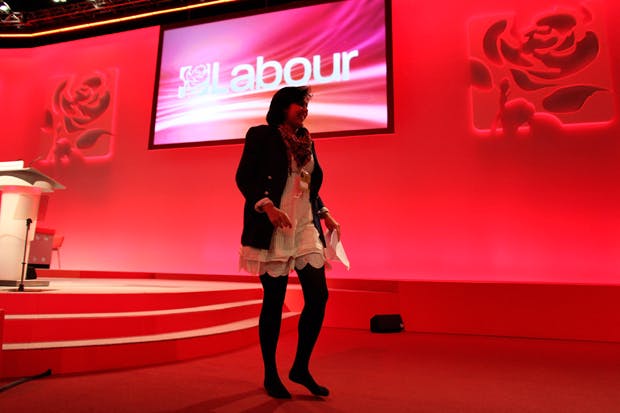







Comments
Don't miss out
Join the conversation with other Spectator Australia readers. Subscribe to leave a comment.
SUBSCRIBEAlready a subscriber? Log in